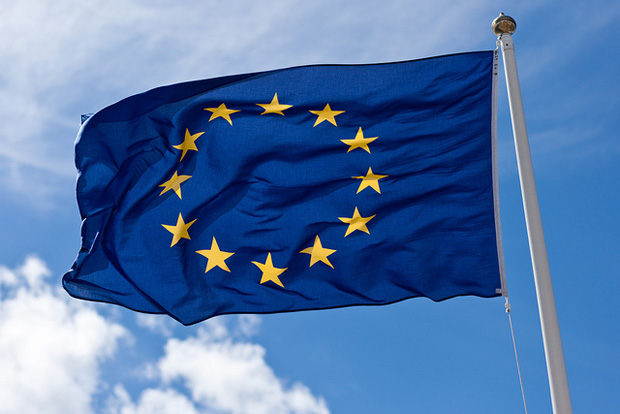EU adopts new guidelines on freedom of expression
A new set of guidelines laid out by the EU, and contributed to by Index on Censorship, will specifically look at freedom of expression both online and offline, and includes clauses, among others, on whistleblowers, citizens’ privacy and the promotion of laws that protect freedoms of expression.
According to the Council of the European Union press statement, freedom of opinion should apply to all persons equally, regardless of who they are and where they live, affirming this freedom “must be respected and protected equally online as well as offline”.
Significant consideration within the EU Human Rights Guidelines on Freedom of Expression Online and Offline, adopted on 12 May, is paid to whistleblowers with the council vowing to support any legislation adopted which provides protection for those who expose the misconduct of others, as well as reforming legal protections for journalists’ rights to not have to disclose their sources.
Reinforcing this, the new guidelines enable the Council to help those, journalists or others, who are arrested or imprisoned for expressing their opinions both online and offline, seeking for their immediate release and observing any subsequent trials.
Member states also have an obligation to protect their citizens’ right to privacy. In accordance with article 17 of the International Covenant on Civil and Political Rights (ICCPR), the guidelines claim “no one should be subject to arbitrary or unlawful interference with their privacy“, with legal systems providing “adequate and effective guarantees” on the right to privacy.
The guidelines will provide guidance on the prevention of violations to freedom of opinion and expression and how officials and staff should react when these violations occur. The guidelines also outline the “strictly prescribed circumstances” that freedom of expressions may be limited; for example, operators may implement internet restrictions (blockages etc.) to conform with law enforcement provisions on child abuse. Laws under the new guidelines that do adequately and effectively guarantee the freedom of opinions to all, not just journalists and the media, must be properly enforced.
“Free, diverse and independent media are essential in any society to promote and protect freedom of opinion and expression and other human rights,” according to the Council press release. “By facilitating the free flow of information and ideas on matters of general interest, and by ensuring transparency and accountability, independent media constitute one of the cornerstones of a democratic society. Without freedom of expression and freedom of the media, an informed, active and engaged citizenry is impossible.”
Read the full set of guidelines here.
This article was posted on May 15, 2014 at indexoncensorship.org

